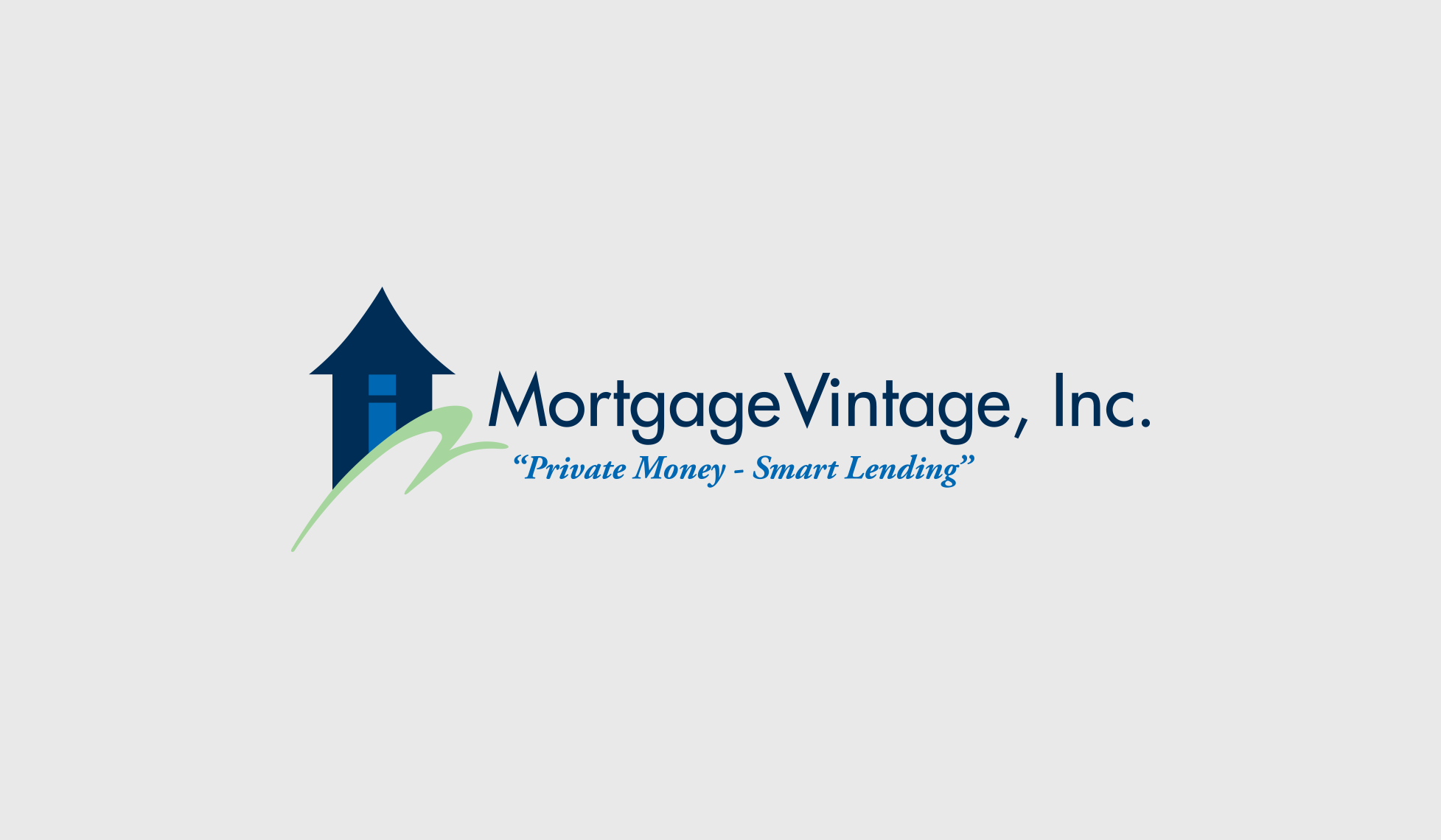What is “Protective Equity” and why is this Equity important for the Trust Deed Investor?
Hard Money Loans are loans underwritten primarily on the underlying real estate collateral of the loan. Hard Money Lenders have varying guidelines on Loan to Value (LTV) Ratios which is defined as the Loan Amount/Property Value. A general rule however is that the loan amount should be around 60% of the value of the property or 60% LTV. The resulting 40% is called “Equity Protection” and should be highly regarded as a way to ensure capital preservation.
The subsequent Trust Deed Investments from these hard money loans offer secured high yield returns. Most Trust Deeds pay monthly and don’t have monthly or balloon payment issues. However, occasionally a borrower may have difficulty making the loan payments and the lender will need to foreclose on the property to obtain their returns. When problems do occur with loan payments or a loan payoff it is important to have plenty of cushion or Protective Equity to secure the investment. This Blog briefly describes 7 Reasons to ensure your investments have sufficient Protective Equity.
1. Market Fluctuations: We all know that real estate goes up and down in value. If the property value declines, this value erodes the Protective Equity and leaves a lender more exposed.
2. Property Defects: If the property is found to have a property defect like a foundation issue or if the property is damaged during foreclosure these fixes cost money and time. Protective Equity reduces when money and or time are invested by a lender after the original loan origination.
3. Litigation: Borrowers will sometimes make claims against their lender. The costs to the lender to defend their position in court come straight out of Protective Equity.
4. Timeline to Foreclose: Foreclosure timelines can take months. On one loan, the borrower died intestate, and we had to wait for court to give the authorization to sell.
5. Foreclosure Costs: Costs to Foreclose can include additional legal, servicing, and eviction fees
6. Rehab to Sell: When a lender gets the property back after foreclosure, many times it will make sense to rehab and sell vs. selling as is. Additional capital will be required for the rehab.
7. Closing Costs: Typical sales costs are approximately 7% of the purchase price. These closing costs need to be considered and factored into the protective equity equation.
Most Trust Deeds will not have any of these foreclosure issues, but as a Trust Deed Investor, it is important to realize that getting to and selling or renting the underlying security is the ultimate protection for the invested capital and expected yield. Make sure the lender has access to this equity protection by maintaining a healthy LTV ratio and the yields and overall returns on Trust Deed Investments will be enhanced. Have you had any Protective Equity stories you would like to share?

